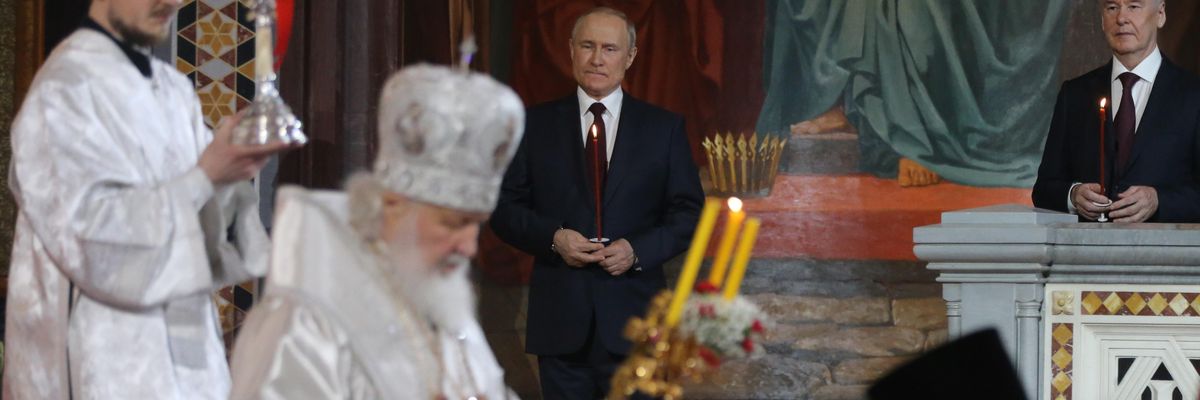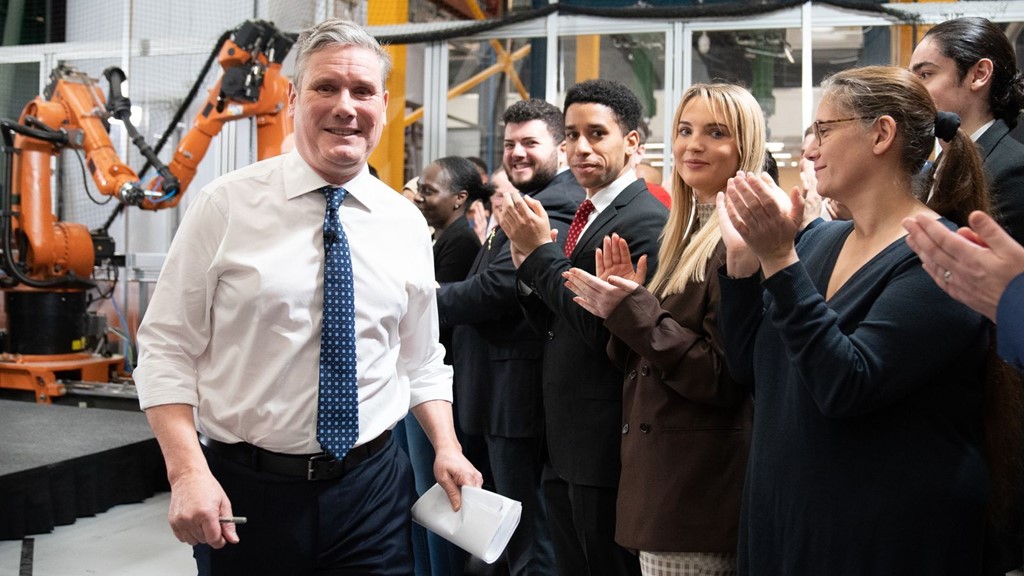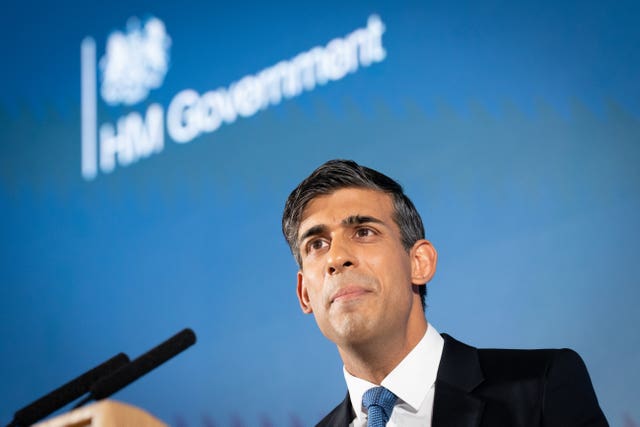By JONATHAN MATTISE

Tennessee Gov. Bill Lee answers a question while taking part in a panel discussion during a Republican Governors Association conference on Nov. 15, 2022, in Orlando, Fla. On Tuesday, Jan. 3, 2023, a Tennessee judge ordered Lee’s administration to release consultant reports that recommend how to respond to the COVID-19 pandemic — documents the state argued should remain secret under public records law.
NASHVILLE, Tenn. (AP) — A Tennessee judge has ordered Gov. Bill Lee’s administration to release consultant reports that recommend how to respond to the COVID-19 pandemic — documents the state argued should remain secret under public records law.
Davidson County Chancellor Patricia Head Moskal on Tuesday ruled in favor of FW Publishing and journalist Stephen Elliott, who had requested documents assembled by consulting company McKinsey and Company for the Republican governor’s team. FW Publishing is the parent company of the Nashville Scene, Nashville Post and other Tennessee publications. McKinsey charged the state $3.8 million for its work.
The series of records requests, some dating back to 2020, resulted in denials and later releases of certain documents. Ultimately, the state withheld six documents and redacted parts of others, claiming they fell under a “deliberative process” privilege. The lawsuit was filed in January 2022.
The exemption — under which officials deem that certain documents can remain secret if they are part of their decision-making process — isn’t in state law or rules. In this week’s ruling, the judge wrote that it exists in common law and has been used to prevent public disclosure of protected documents in legal discovery, but said it “has yet to be decided” whether the privilege applies as an exception to the Tennessee Public Records Act.
Lee’s office and the attorney general’s office did not immediately return requests for comment regarding the ruling.
Paul McAdoo, an attorney representing FW Publishing in the case through the Reporters Committee for Freedom of the Press, argued that the deliberative process privilege isn’t an exception to Tennessee public records law. McAdoo has represented The Associated Press and other media organizations in court in Tennessee.
“While we continue to believe that the common law deliberative process privilege should not be recognized by courts in Tennessee, we are pleased with the Court’s finding that the McKinsey records would not be covered by such a privilege and must be disclosed,” McAdoo said. “The release of this information is important to providing Tennesseans with a more complete understanding of the state’s response to the COVID-19 pandemic.”
The documents that the state refused to produce include: one identifying key strategic issues to be addressed; two “scenario planning” documents; an “economic scenario planning” document; a file about issues and strategies for institutions under the Tennessee Higher Education Commission; and a document outlining “potential bold moves to combat COVID-19,” the judge wrote.
The judge ordered the records be made public, saying they were one-way communications from McKinsey to the Lee administration’s COVID-focused Unified Command Group, or UCG, and “do not reflect the content of discussions between McKinsey and the UCG, deliberations had, or specific advice given.”
The judge also dismissed the state’s argument that Elliott and FW Publishing lacked legal standing in the lawsuit because attorneys for the state contended that neither plaintiffs provided sufficient proof they are a “citizen” of Tennessee. Under Tennessee law, state public records requests can be limited to “any citizen of Tennessee,” though state agencies vary on whether they enforce the provision. In case filings, Elliott said he is a Nashville resident, and FW Publishing has indicated it’s a Tennessee company that principally does business in Nashville.
The judge noted there are no “cases determining the test for citizenship” under the state’s public records law, but the statute does mandate that courts interpret the law as broadly as possible “to give the fullest possible public access to public records.”
A similar lawsuit had challenged the state’s withholding of the government efficiency report assembled by McKinsey. The state ultimately provided the requested report, resolving that case.
Gov. Lee’s office regularly cites deliberative process to exclude certain documents when producing records requested by The Associated Press, often when it comes to communications of members of his team.
Lee, who came into office as a first-time politician, vowed to make government more transparent when he took over the top elected office in 2019.
However, the governor has not yet followed through on a promise to overhaul Tennessee’s public records and open meeting laws that he initially promised during his transition.
___
Kimberlee Kruesi in Nashville contributed to this report.
















